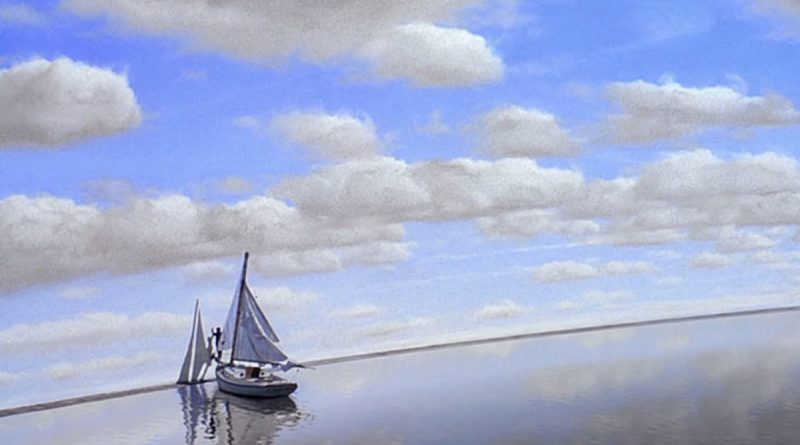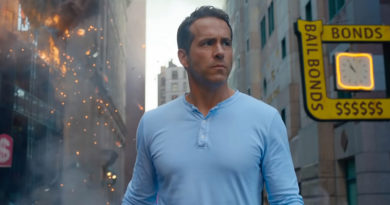‘The Truman Show’ Review: Classic Dramedy Is Still Great Cinema
With all the buzz around “Wandavision”, I figured it would be worth my while to skip it and instead watch the film it takes such strong inspiration from: 1998’s “The Truman Show“. Directed by Aussie auteur Peter Weir, “The Truman Show” tells the story of Truman Burbank (Jim Carrey), a man whose entire life has been constructed, filmed, and broadcast around the world as a reality TV show without him ever being aware that the world he lives in is fake. This TV series and the great manipulation essential to its function is the vision of mysterious director Christof (Ed Harris) who acts as the film’s principal antagonist.
It’s a neat premise and is expanded upon in a very well written story, brought to life wonderfully by Weir’s direction. Truman slowly begins to suspect that things are not what they seem as he embarks on a quest for the truth about his life. The camera often mirrors the audience point of view early in the film, adopting one of hundreds of “hidden camera” angles before transitioning more and more to an objective perspective and Truman’s perspective as he slowly peels away the deceptions around him. It’s a subtle technique but it works really well. The film is also a great exercise in world building, doing a good job showing the world outside of the show and the many tricks and technologies that make the show work without bogging down the story or distracting from Truman’s experience.
Jim Carrey is his usual goofy self, working well with Weir to direct his unique comedic energies toward more dramatic purposes. Truman is a sort of exasperated everyman, crushed by the weight of a bland life and desperate to experience something real. Carrey’s acting is in line with his more comedic roles, but it works well given the lighter tone of the movie. Ed Harris plays an excellent foil to Truman as someone who is equally sincere but incredibly delusional. Cristof has one hell of a God complex, believing the world to be a “sick place” meanwhile he has gifted Truman with what he believes is the perfect life, completely unaware and uncaring of Truman’s need for agency.
Despite the film’s light tone and comedic touches, The Truman Show brings with it a great many questions with a lot of thematic heft. It asks us, just as it asks Truman and the many other characters in the film, to consider what the meaning is behind our existence. What is the purpose of freedom and is it worth pursuing? What is truth and how do we find it? What is our relationship to God? To art? To television? It doesn’t offer much in the way of easy answers either, instead making the point that the search for truth and the need for freedom are essential to humanity, regardless of their larger implications. As the film delves deeper into these ideas, it brings forth increasingly surreal and beautiful imagery including the famous “end of the world” scene, where Truman reaches a wall painted the color of the sky, marking the boundary where his artificial world meets the real one. It’s one of the most striking images in recent history and for good reason.
The Truman Show is a fantastic movie. It’s light, fun, and entertaining while managing to be full of profound and interesting ideas to get lost in. The performances, the writing, and the direction are all great, and it boasts one of the best climactic sequences in contemporary cinema. Wherever you can find it, watch it.




